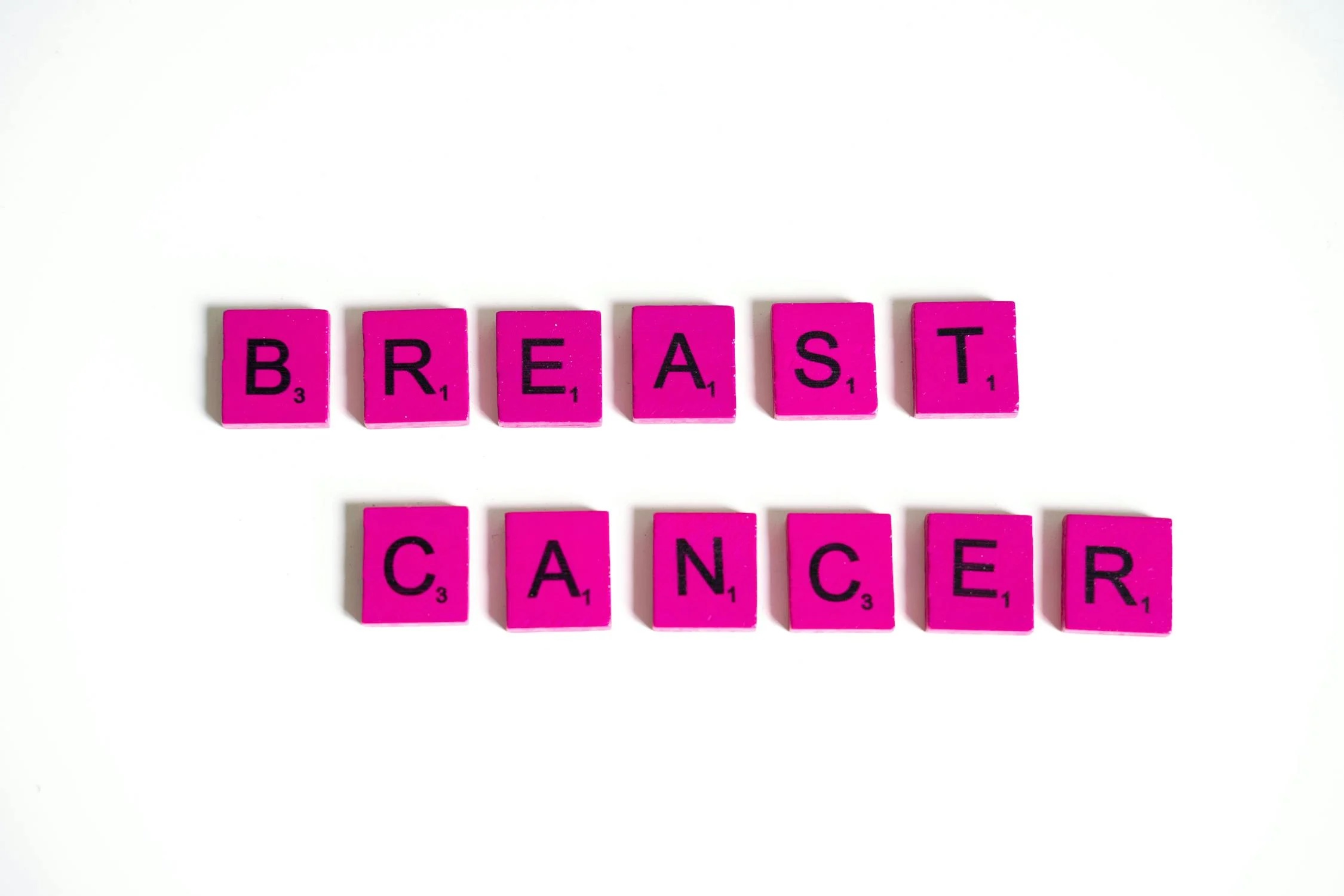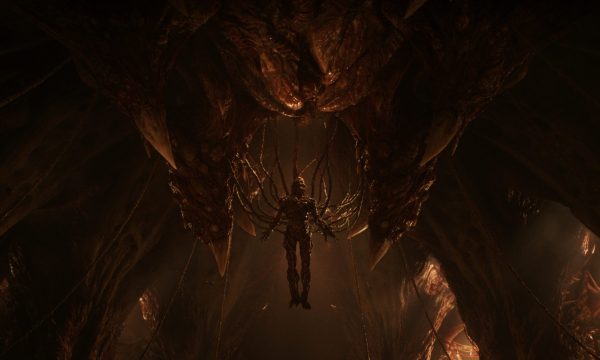A new vaccine was created after decades of research at the Cleveland Clinic and developed by Anixa Biosciences.
The vaccine targets triple-negative breast cancer, the disease’s deadliest and most aggressive form. The vaccine has been given to 25 women and is entering the 2nd stage of trial.
“This vaccine could potentially eliminate breast cancer,” said Dr. Amit Kumar, Anixa CEO. Dr. Amit has worked with the White House and his breast cancer vaccine research is funded by the Department of Defense.
Anixa Biosciences, Inc. is a biotechnology company focused on the treatment and prevention of cancer.
This month, they announced new and updated positive results from the Phase 1 clinical trial of its breast cancer vaccine. The trial is being conducted in collaboration with Cleveland Clinic with funding by a grant from the U.S. Department of Defense.
The data were presented at the 2023 San Antonio Breast Cancer Symposium by G. Thomas Budd, M.D., staff physician at Cleveland Clinic Cancer Institute and principal investigator of the study, in a poster entitled “Phase I Trial of alpha-lactalbumin vaccine in high-risk operable triple negative breast cancer (TNBC) and patients at high genetic risk for TNBC.”
Patients who had been curatively treated for TNBC received three vaccinations given once every two weeks. IFNγ and IL-17, which are T cell immune response indicators (cellular immunity), and antibody production (B cell humoral immunity) were measured to evaluate the vaccination effect. Data from the 16 patients treated to date showed that:
- The majority of patients developed ELISpot (T-cell) responses that met the rigorous protocol-specified definition of an immune response, with a measurable but lesser magnitude of response noted in the remaining patients.
- 12 (75%) of the women had antigen-specific IFNγ and/or IL-17 ELISpot responses that were observed at all dose levels, while ELISA antibody responses were observed at Dose Level 2 and higher.
- A statistically significant (P = 0.03) increase in IFNγ over baseline (Day 0) was observed by Day 56; while a significant (P = 0.0001) increase in IL-17 over baseline was observed by Day 14.
- Among the doses studied, Dose Level 1 (10 mcg α-lactalbumin/10 mcg zymosan) was determined to be a usable immunologic dose as well as the maximum tolerated dose (MTD).
- No significant side effects were observed, at the MTD, besides irritation at the sites of injection. No myalgias, flu-like symptoms, or aberrant laboratory values were noted.
Anixa is the exclusive worldwide licensee to the novel breast cancer vaccine technology invented at Cleveland Clinic, the site of the Phase 1 trial. The grant from the U.S. Department of Defense was made directly to Cleveland Clinic.














